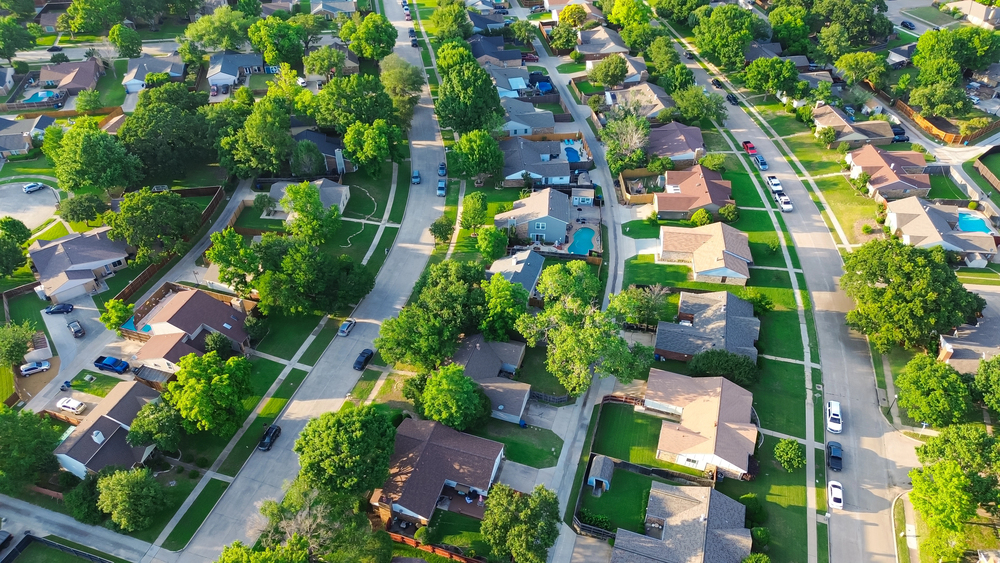Customers Move to Usage-Based Insurance as Auto Rates Surge

By: Olivia Overman
Nearly one-third (31%) of U.S. auto insurance customers have seen their rates increase in the past year, leading to the largest decline in customer satisfaction in 20 years, according to the J.D. Power 2023 U.S. Auto Insurance Study. With the average auto industry rate increase of 15.5% in 2023, many customers are moving to usage-based insurance (UBI) in an effort to combat increasing auto rates, the study said.
Customer satisfaction with auto insurance providers is 822, down from 834 a year ago—the decline is driven by a 25-point decrease in customer satisfaction with the price of their policies.
“Overall customer satisfaction with auto insurers has plummeted this year, as insurers and drivers come face to face with the realities of the economy,” said Mark Garrett, director of insurance intelligence at J.D. Power. “While insurers are caught between a rock and a hard place when it comes to balancing profitability with customer experience, there are several ways they can blunt the negative effects of rising costs, such as proactively offering customers UBI alternatives, clearly signaling and explaining necessary rate increases and consistently delivering on brand promises to instill trust.”
Participation in UBI programs has more than doubled since 2016, with 17% of auto insurance customers now participating in these programs. Yet, while UBI programs are relatively new, there are concerns over the accuracy of data collected by UBI technologies, with just 38% of customers indicating that the information collected is “always accurate,” according to the report.
However, how customers receive and pay their auto premium has an impact on their satisfaction. Among customers who received a bill in the mail and paid in full via credit card, nearly half (45%) said they noticed a price increase, compared with 28% of those who received a digital bill and made automatic recurring installment payments, the report said.
Further, customers who reacted negatively to price increases include those who either rented their homes or do not bundle their home and auto insurance; are a single car or single driver household; are open to switching insurers; or those who have a lower perception of their insurer being trustworthy, the report stated.
Like with most lines of business, notifying customers in advance of an increase either via a phone call or email, explaining the reasons for the increase and other alternative options available to them such as UBI, plays a role in maintaining customer satisfaction. The amount of the price increase also affects customer satisfaction, with a 137-point difference in price satisfaction noted between those experiencing an increase of more than $300 versus those experiencing an increase of $50 or less.
Olivia Overman is IA content editor.










